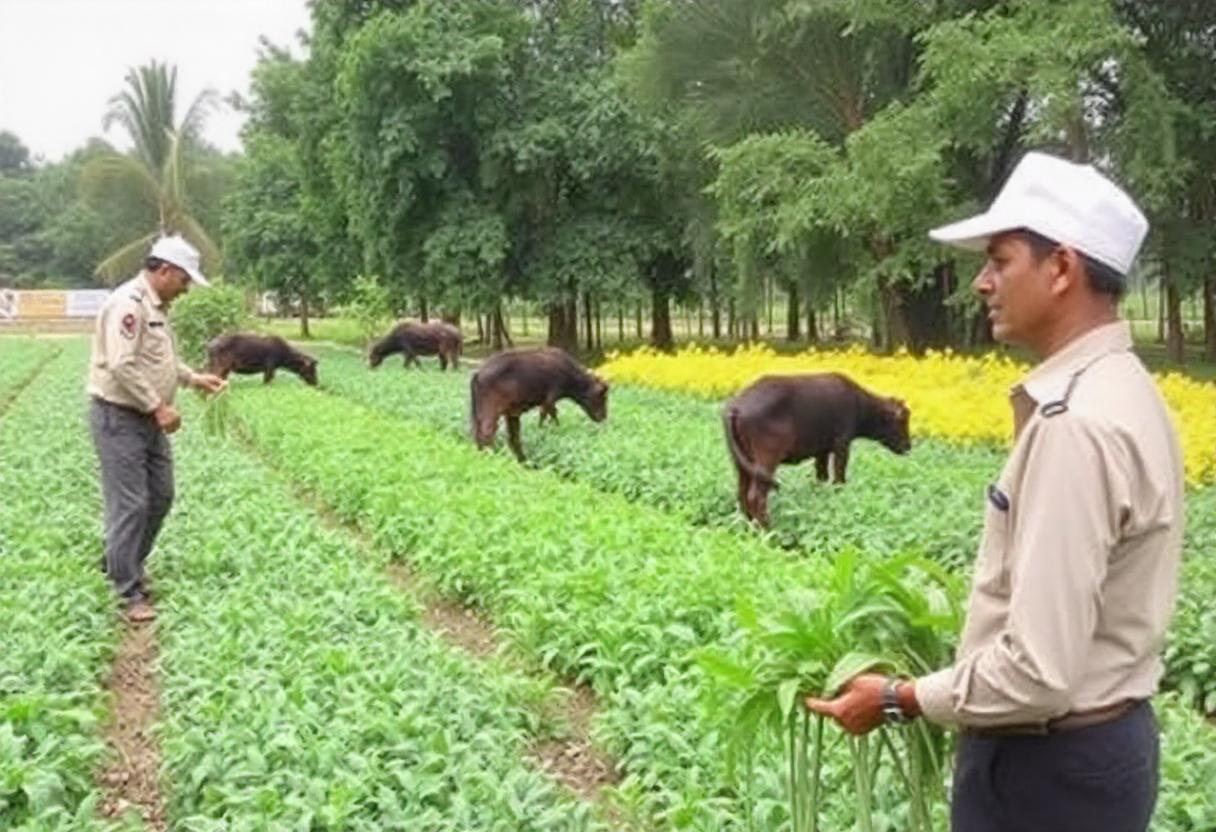
Role and Responsibilities
Agriculture officers are key professionals in the field of agriculture, responsible for implementing and overseeing agricultural policies and programs. Their roles typically involve advising farmers, managing agricultural resources, conducting inspections, and ensuring compliance with regulations. They may also be involved in planning and executing projects aimed at improving agricultural productivity and sustainability.
Required Skills and Qualifications
To be successful as an agriculture officer, individuals need a combination of technical knowledge and interpersonal skills. A strong understanding of agricultural practices, crop management, and livestock care is essential. Additionally, skills in project management, data analysis, and communication are important. Agriculture officers should be adept at problem-solving and capable of working both independently and as part of a team.
Educational Requirements
Most agriculture officer positions require at least a bachelor’s degree in agricultural science, agronomy, or a related field. Advanced positions may necessitate a master’s degree or additional specialized training. Practical experience through internships or previous roles in agricultural settings is also highly valued.
Work Environment
Agriculture officers typically work in a variety of environments, including office settings, farms, research facilities, and field locations. Their work often involves traveling to different sites to conduct inspections or provide support. The job can be physically demanding and may require working in various weather conditions.
Career Path and Advancement
Agriculture officers can advance their careers by gaining experience and pursuing additional education or certifications. Opportunities for advancement include moving into higher-level management positions, specialized roles, or consulting. Continued professional development and staying current with industry trends are important for career growth.
Job Outlook and Salary
The demand for agriculture officers is influenced by factors such as government policies, agricultural innovation, and the need for food security. Job prospects are generally positive, with opportunities available in government agencies, research institutions, and private sector organizations. Salaries for agriculture officers vary based on location, education, and experience but generally offer competitive compensation within the field.